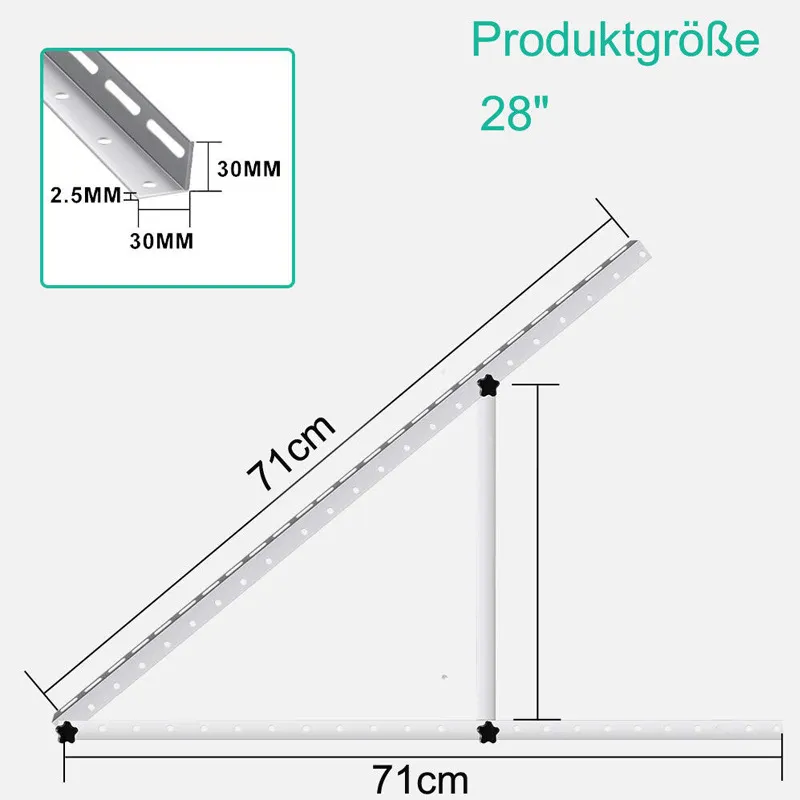

M6 M8 Washers - High-Quality Fasteners for All Applications
Sep . 10, 2024 23:39 Back to list
M6 M8 Washers - High-Quality Fasteners for All Applications
Understanding M6 and M8 Washers A Comprehensive Guide
In the world of fasteners and hardware, washers play a crucial role in ensuring stability, reliability, and longevity in various applications. Among the many types of washers, M6 and M8 washers are significant due to their compatibility with M6 and M8 bolts, respectively. This article delves into the features, applications, and benefits of these washers, helping you grasp their importance in engineering and construction.
What Are M6 and M8 Washers?
M6 and M8 refer to the metric sizes of bolts and nuts, with M6 indicating a bolt diameter of 6 millimeters and M8 indicating a diameter of 8 millimeters. Correspondingly, M6 and M8 washers are designed to fit these bolts, providing a larger bearing surface that helps distribute the load and reduces the risk of damage to the materials being fastened.
Washers can be categorized into several types, with flat washers and spring washers being among the most common. Flat washers are typically used for load distribution, while spring washers help to maintain tension in the bolt connection, preventing loosening due to vibrations.
Applications of M6 and M8 Washers
M6 and M8 washers find applications in various industries such as automotive, construction, and machinery. In automotive engineering, for instance, these washers ensure that components are securely fastened, enhancing safety and performance. In construction, they are used to secure structural elements, ensuring stability in buildings and infrastructure.
m6 m8 washer

Additionally, M6 and M8 washers are crucial in electronic equipment assembly, where precision and reliability are paramount. The use of appropriate washers can significantly impact the performance and longevity of electronic devices, making them a vital component in this sector.
Benefits of Using M6 and M8 Washers
Using M6 and M8 washers offers several advantages. Firstly, they help to evenly distribute the load across a wider surface area, which minimizes the risk of surface deformation. This is particularly important when fastening softer materials, where concentrated pressure can lead to damage.
Secondly, washers provide a barrier against rust and corrosion, especially when made from materials like stainless steel or coated with protective finishes. This is essential in outdoor applications or environments exposed to moisture.
Safety is another critical factor. By preventing bolt loosening due to vibrations or thermal expansion and contraction, washers contribute to the overall stability of a structure or machinery.
Conclusion
In conclusion, M6 and M8 washers may appear to be simple components, but they are instrumental in various mechanical and structural applications. Understanding their role, material options, and appropriate usage can significantly impact the effectiveness and safety of a project. Whether you are an engineer, a DIY enthusiast, or a professional in the construction industry, recognizing the importance of these washers can lead to better results in your endeavors. Always remember to choose the right type and size of washer for your specific needs to ensure optimal performance and longevity.
Latest news
-
High-Strength Hot-Dip Galvanized Bolts-Hebei Longze|Corrosion Resistance&High Strength
NewsJul.30,2025
-
Hot Dip Galvanized Bolts-Hebei Longze|Corrosion Resistance&High Strength
NewsJul.30,2025
-
Hot Dip Galvanized Bolts - Hebei Longze | Corrosion Resistance, High Strength
NewsJul.30,2025
-
High-Strength Hot Dip Galvanized Bolts-Hebei Longze|Corrosion Resistance, Grade 8.8
NewsJul.30,2025
-
Hot Dip Galvanized Bolts-Hebei Longze|Corrosion Resistance,High Strength
NewsJul.29,2025
-
High-Strength Hot Dip Galvanized Bolts - Hebei Longze Metal Products Manufacturing Co., Ltd.|corrosion resistance&high strength
NewsJul.29,2025

